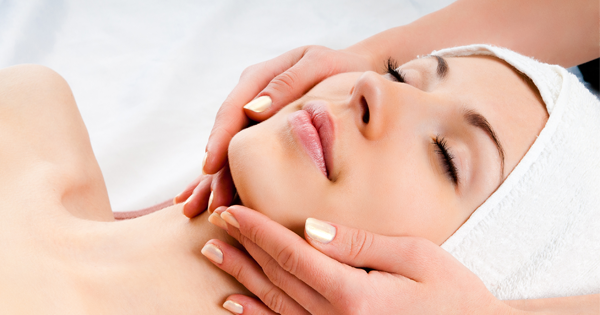Getting a massage is a luxury for most. You can unwind, while someone relieves the tension in your muscles.
But for Elizabeth Hughes, 51, one massage turned out to be the opposite of relaxing.

During her massage, she began to feel a sharp pain in her neck. But her masseuse said it was just tension and continued.
A week later, Elizabeth was in the hospital for a stroke.
The doctor asked her if she’s been in a traffic accident, to which Elizabeth replied that she hadn’t.
“He told me my carotid artery—the main artery which runs down either side of the neck—had split and a blood clot had leaked out and taken a week to get to my brain,” said Elizabeth. “I mentioned the painful massage and he said, ‘That’s it.’ It was a very sobering moment. I realized I could have died.”
What she suffered is rare, but it’s real. It’s called “salon stroke syndrome,” and it occurs when something in a salon setting, like a shampoo chair or a massage, compresses the neck and damages the arteries.
Elizabeth remained hospitalized for six weeks, and was then given physical therapy. But she’ll never go back to her old self. “I feel as if I’m 86 when I’m only 51,” she says. “I have a slight droop in my face and eye and I get tired very easily. Sometimes when I’m tired, I slur my speech and my balance goes so people assume I’m drunk, which is very embarrassing.”

There are only a few known cases, but it’s thought that it happens more than people think, and that stroke patients just don’t make the connection.
The concern with this case is that these beauty therapists, like Elizabeth’s masseuse, aren’t trained to handle this area of the neck.
“This type of injury has been reported previously in the U.S., and there have been similar incidents of negligence during physiotherapy and sports massages,” says Ciaran McCabe, her lawyer. “We’re calling for changes in the beauty training curriculum as a result of the case. It present, when a therapist undertakes training, they are told where the carotid artery is but are not taught that force can lead to severance of that artery. Physiotherapists and sports masseurs are taught this, but not beauty therapists. It’s a big omission.”
“Most of all, I want rules in the beauty industry to change,” says Elizabeth. “The neck is a very delicate area and anyone who is massaging it should be taught how sensitive it is. All I did was go off for a spa day, and it changed my life irrevocably.”





